
Decision-making, belief, and behavioral biases
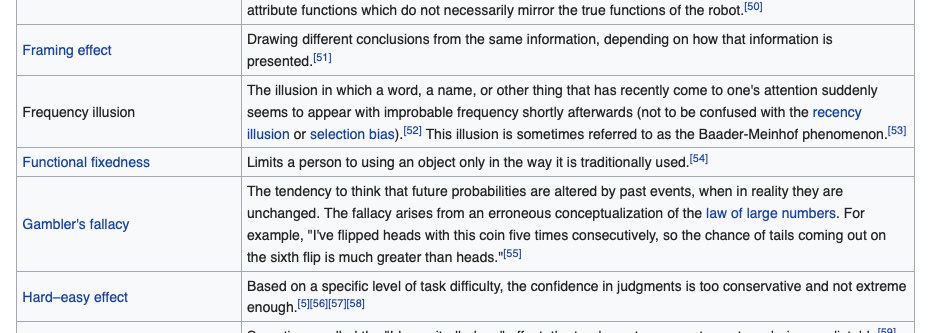
- I’m pretty sure I just made the world a better place (and it only cost me $4).
- What am I not stepping into and why?
- “Someday” and “never” have the same numerical value in that they both equal zero … and other highlights from “Decide.”
- Decisions: The School Uniform and Releasing Trapped Energy
- The big decisions will help guide the smaller decisions
- That thing you think is going to happen might not happen.
- When you change your mind, you change your mind
- The tiny little secret of the tipping point
- Relief
- When are decisions triggered in the subconscious minds of children?
- Give a Voice to Your Truth and a Truth to Your Voice
- What if you just don’t have the capacity to decide? What if you don’t have a prefrontal cortex? What if you’re, like, a teenager.
- “Wait, I take that back.” Are our decisions reversible?
- Dictatorship or democracy? Which is better for decision-making?
- In a back alley brawl, “Decide” is going to win out over “Hope.”
- Decisions Beget Decisions
- What if the “primary” decisions became the “secondary” decisions?
- Simple but not easy
- Not Simple and Not Easy
- I can’t, uh, decide! Which cover for the “Decide” book!?
- If you build it, they will come. What if you decide? Will they come, too?
- My idea of a good time
- Decision-making, belief, and behavioral biases
- See, Feel, Know | Mind, Heart, Gut
Here’s something that happens when you write a book you might not have thought about.
When friends know what your book is about and that you’re working hard on it, they want to help.
“Decide” comes out tomorrow and I’ve done loads of research on it.
But is a book ever done?
No.
Will the searching and learning ever stop?
Hopefully not.
There’s so much to learn, so much to report. How can we ever possibly learn it all? Here’s the quick answer: we can’t.
In case you were looking for a little light reading this evening by the fire, check out Wikipedia’s “List of cognitive biases.”
There are so many ways to decide I think I can positively say I can no longer … make a decision. 😉
But it helps us formulate our own ideas and teaches us what to look for–and what to avoid. We learn, we study, we gather, we sift through the data and filter out what works best for us–and our audience.
We often learn better as a team because people see and focus on different things. I maybe never would have seen the Wikipedia article so I’m thankful my friend pointed me to it.
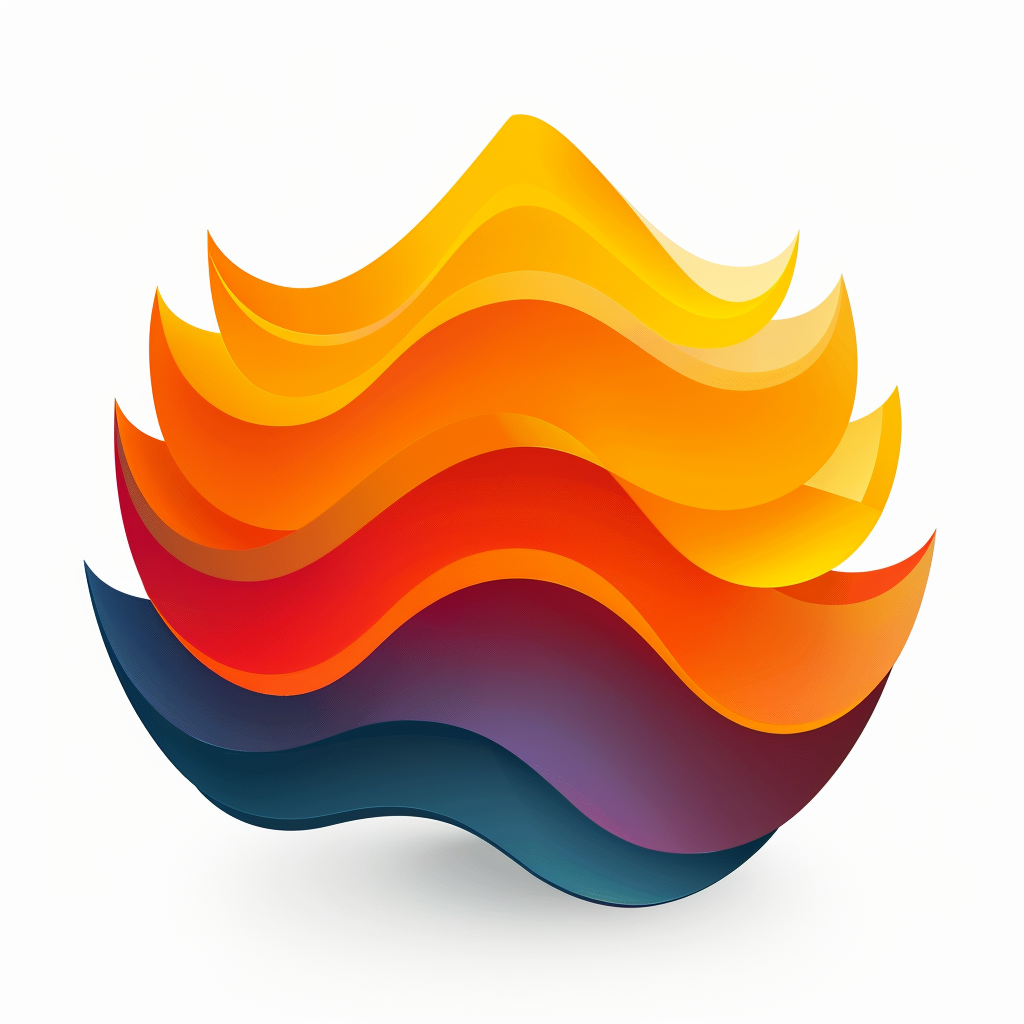
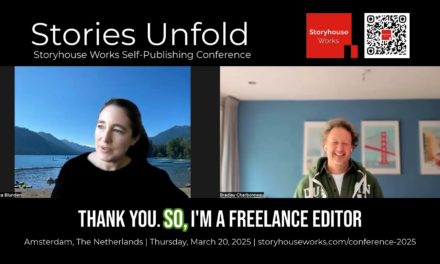
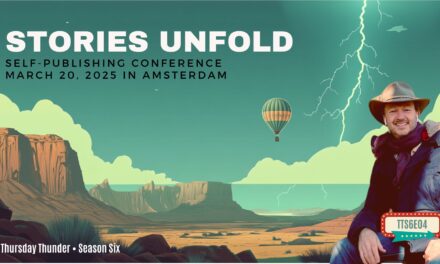
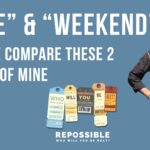



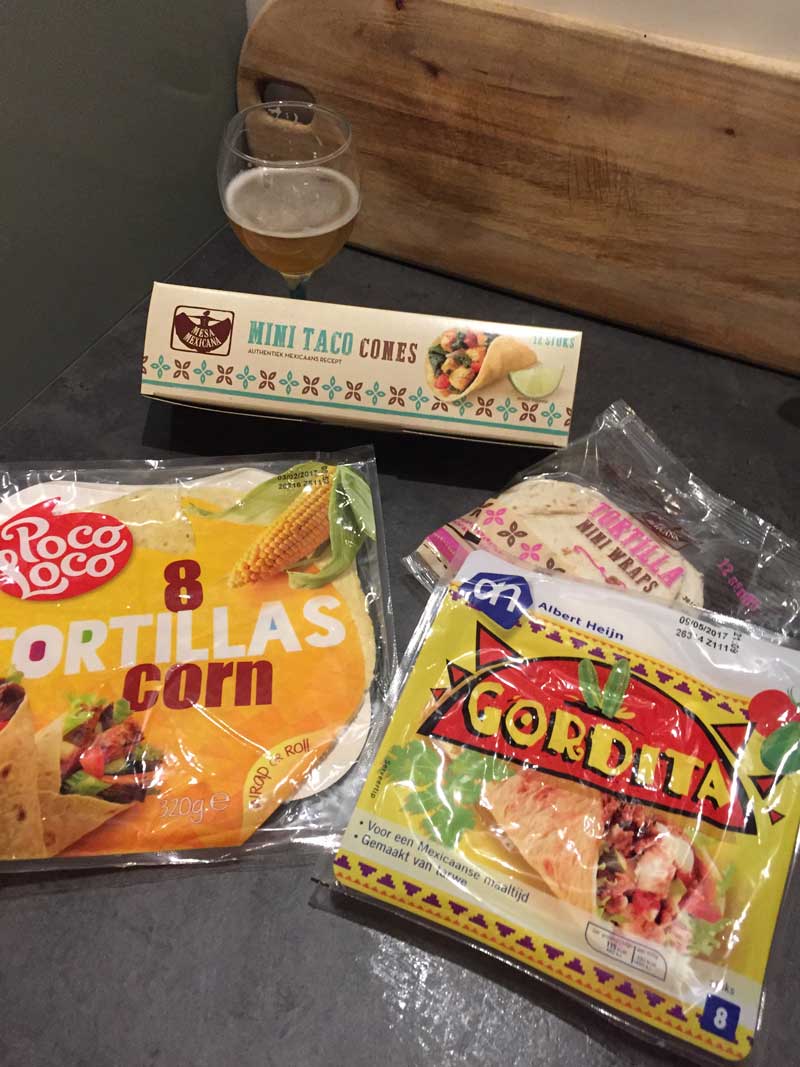


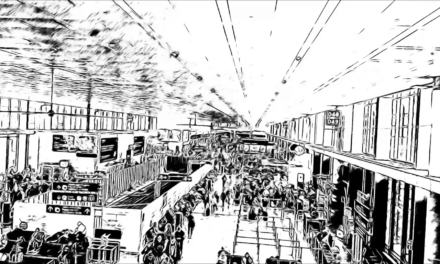
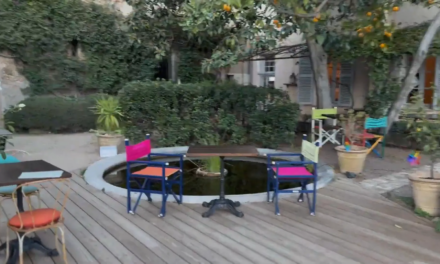



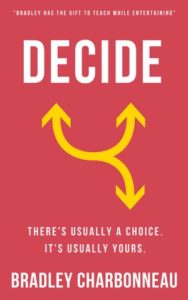
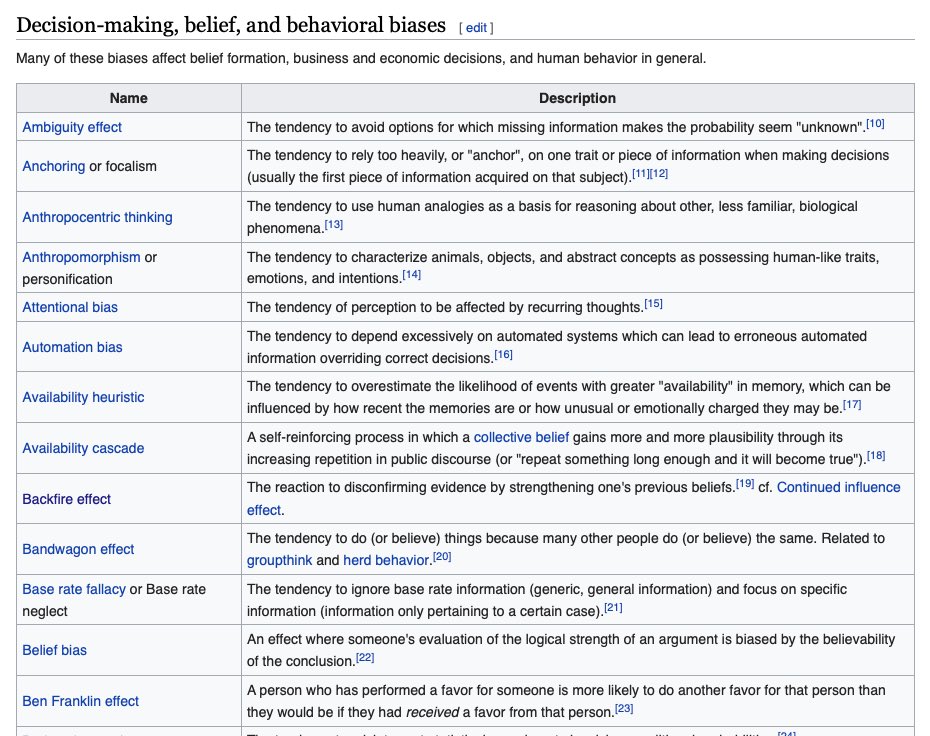
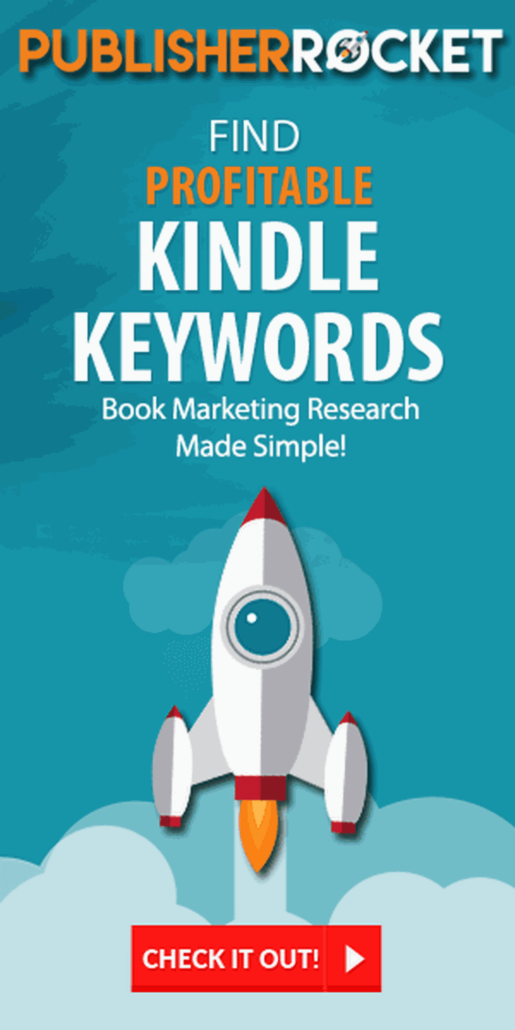
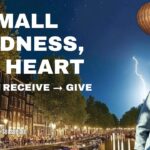




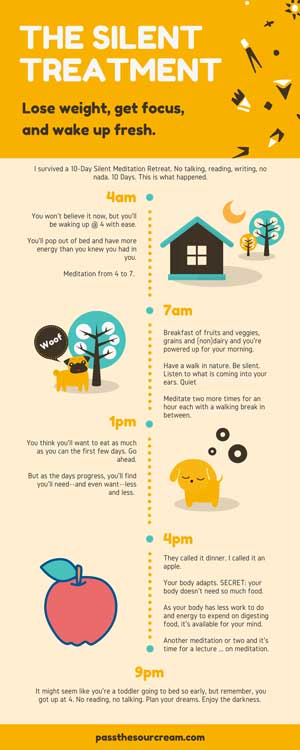
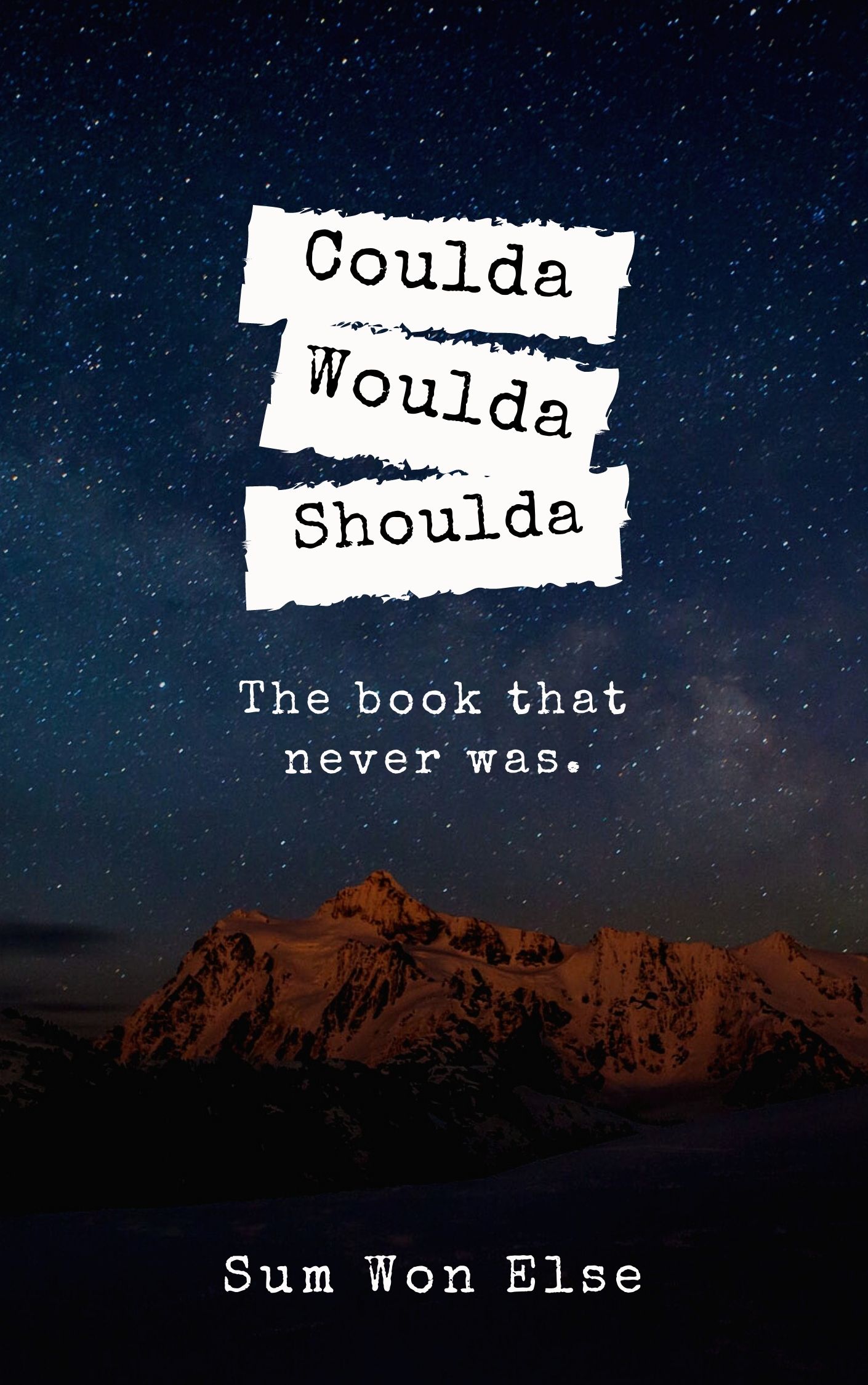

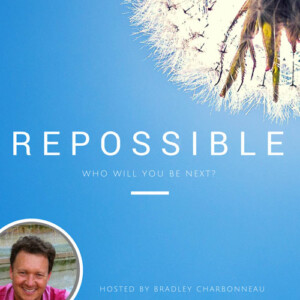




Trackbacks/Pingbacks